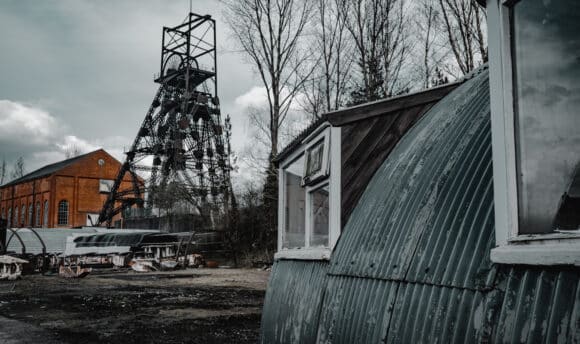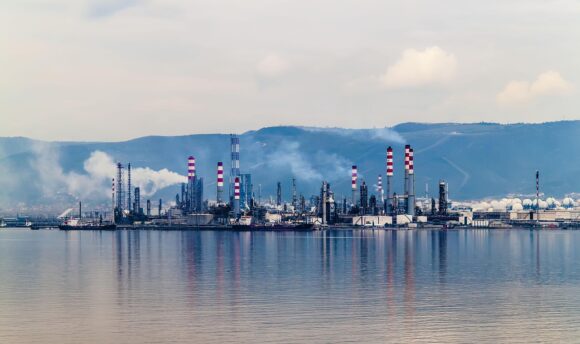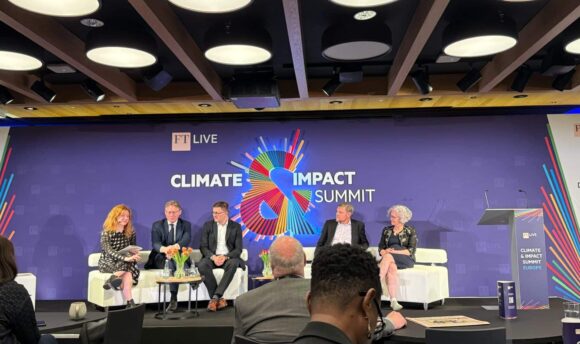For a new coal plant or oil pipeline to happen, fossil fuel developers need to be matched with insurers who can provide the coverage needed to build and operate these projects — that’s where insurance brokers like Marsh come in. Brokers play a critical (if often neglected) role in making coal, oil, and gas projects happen.
Marsh is a dominant player in the global broker market for fossil fuels. It is the broker for controversial and destructive projects like the Adani Carmichael coal mine in Australia and the Trans Mountain tar sands pipeline in Alberta, Canada.
Marsh is also brokering insurance for the expansion of coal plants in Bangladesh, including the Banshkhali coal power hub in Chittagong District.
The build-out of new coal power hubs like Banshkhali and other fossil fuel projects in Bangladesh continues despite the reality that they pose serious threats to the health and livelihoods of people in coastal communities. They are linked to high rates of premature deaths, pulmonary diseases and cancers, toxic mercury discharged into the air, watersheds and soil, as well as loss of access to areas relied upon for subsistence. Bangladesh is one of the countries most vulnerable to climate change, and faces an overproduction of power. As a result, communities across the country and allied organisations consistently say coal power projects must be phased out and that new fossil fuel projects are (1) not wanted (2) not needed and (3) exacerbate the catastrophic impacts of climate change.
In Bangladesh, communities that are resisting this development for the sake of their land and livelihoods are typically under heavy surveillance and facing threats, intimidation, criminalisation and a range of other security and safety concerns. Local journalists also face consistent threats.
For the last several months, workers and community members have been organising protests against the Banshkhali coal power hub and unfair working conditions, and have faced severe repression. Seven workers were killed and dozens more people were injured by police firing live bullets into a reportedly peaceful demonstration.
Marsh has posted a sustainability commitment on its website and calls itself “a leader in climate resilience solutions for corporations and governments”. Mercer and Oliver Wyman, two of Marsh’s sister companies, advise businesses, investors and governments on how to prepare for climate change and accelerate the low-carbon transition. And parent company Marsh & McLennan has a human rights policy that includes clauses pertaining to rights to safe water and respecting international, national, and local labor laws.
Marsh should follow through on its commitment to sustainability and human rights, immediately withdraw from its role as insurance broker for the Banshkhali coal power hub as well as any other coal, oil or gas projects in Bangladesh, and any existing and new fossil fuel projects worldwide.



